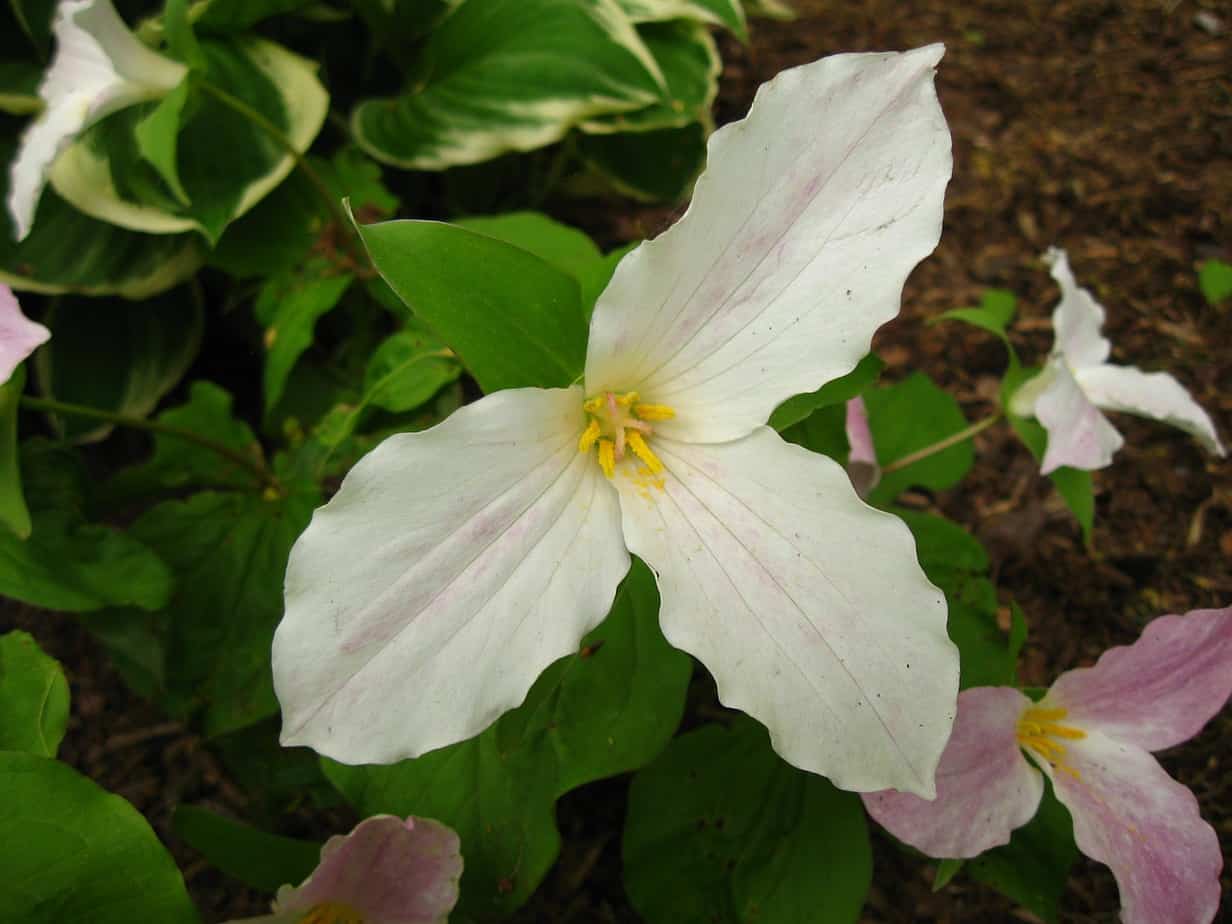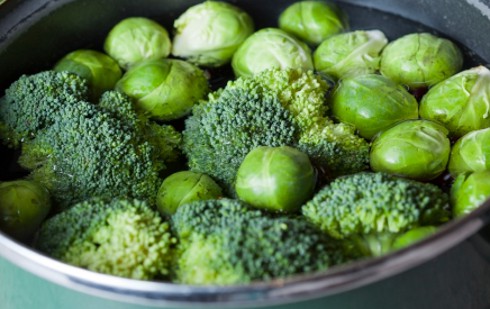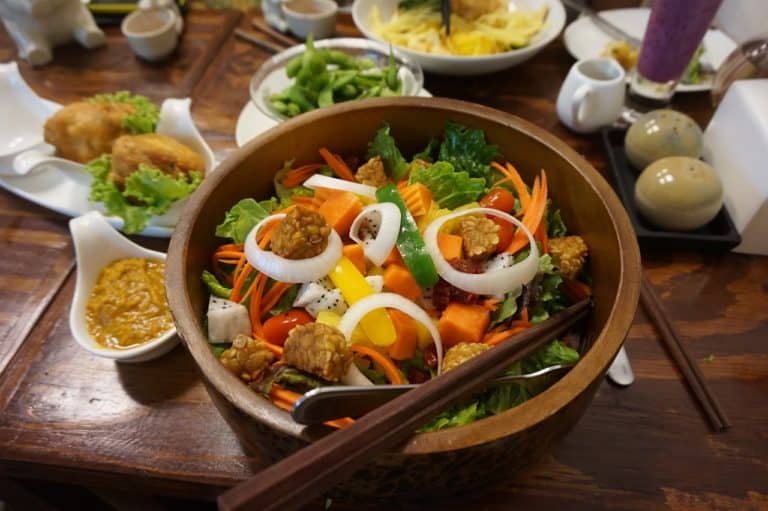New findings about an herbal component called aristolochic acid, which is found in a plant used in herbal remedies for thousands of years, is proof that just because something has been used for millennia or is natural doesn’t mean that it’s safe. The new study linked aristolochic acid to cases of upper urinary tract cancer in Taiwan, where the herbal substance is widely used.
The new discovery about aristolochic acid is of concern because the substance can be found in various herbal remedies around the world, including those sometimes used to lose weight. In the United States, aristolochic acid has been identified as a human carcinogen associated with chronic kidney disease and upper urinary tract cancer, and the Food and Drug Administration has warned consumers to avoid products that contain the substance.
Some telltale indications that a product contains aristolochic acid are the words “Aristolochia,” “Bragantia” or “Asarum” on the label.
The new study was conducted by an international team of researchers under direction of Arthur Grollman, MD, distinguished professor of pharmacological sciences, Stony Brook University School of Medicine, and included 151 patients in Taiwan who had upper urinary cancer. Taiwan has the highest number of upper urinary cancer cases in the world.
When the researchers examined DNA from the tumors of the study patients, they found a metabolite of aristolochic acid bound to DNA in the kidney cortex of 83% of patients as well as changes to a specific gene (TP53) that is associated with cancer. Grollman explained that their finding “highlights the importance of a long-overlooked disease that affects many individuals in Taiwan and, by extension, in China and other countries worldwide, where Aristolochia herbal remedies traditionally have been used for medicinal purposes.”
Reference
Chen C-H et al. Aristolochic acid-associated urothelial cancer in Taiwan. Proceedings of the National Academy of Sciences 2012 May 22; 109(21):8241-46.







